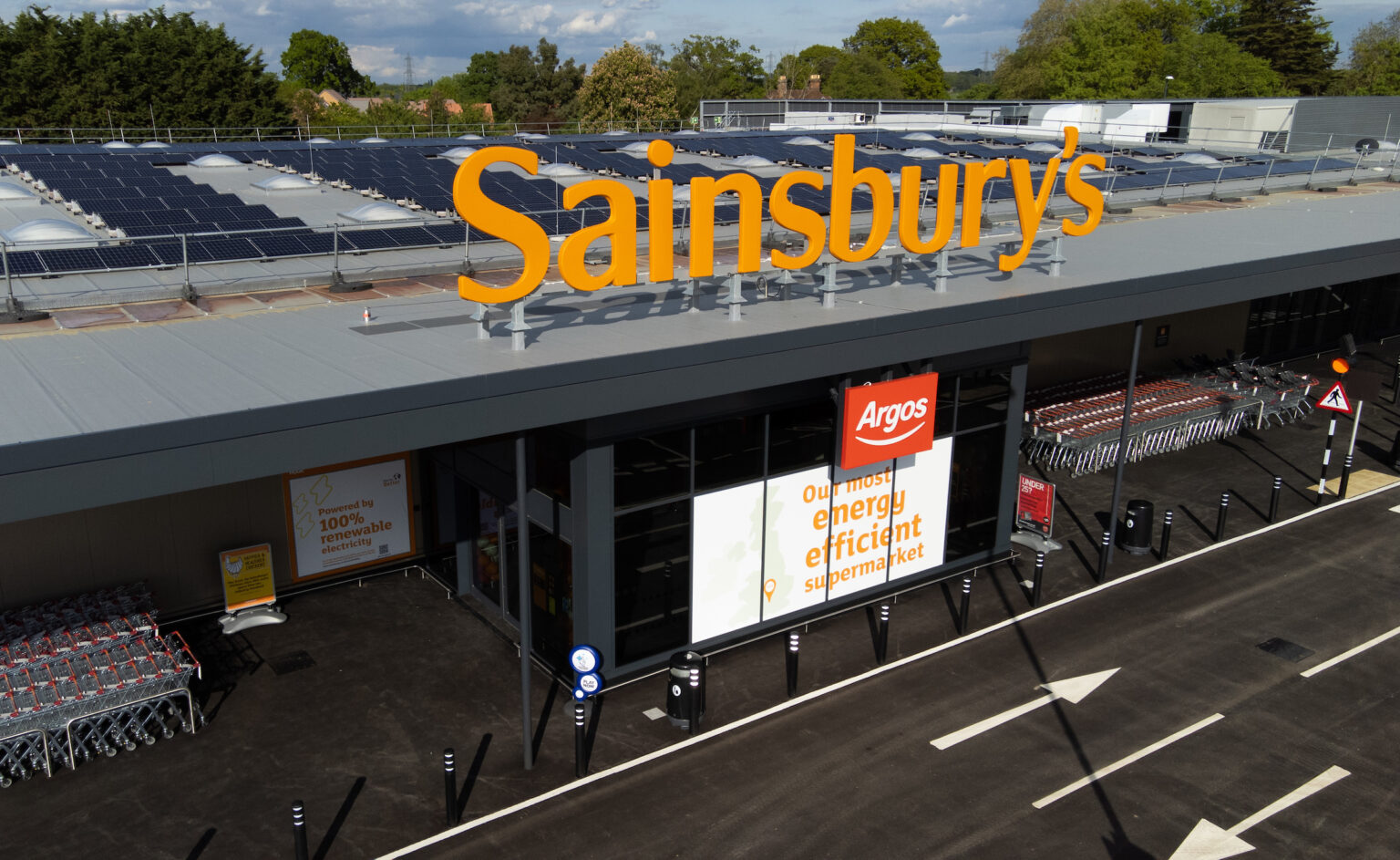The retail landscape has changed significantly over the last decade. In particular, the growth of omni-channel retail and globalisation has meant that retailers have needed to adopt newer supply chain processes and innovate both online and in-store to meet consumer demand. These changes are also having a knock-on effect on retailers‘ workforces, which has meant that newer requirements are being asked of them; if retailers are to survive in this new world it is critical to understand how they can manage their workforce more effectively.
Globalisation
According to recent research from Deloitte, 66% of EMEA-based retailers now have operations globally. This has created a challenge for retail bosses who have a workforce spread across the world. They must manage their workforce in a way that meets the ethos of their brand, whilst adhering to the different labour agreements in all countries that they operate in. Advanced workforce management solutions can help retailers to effectively manage their employees, whist also ensuring they are compliant with local labour agreements. Critical to the success of any workforce management deployment is to work with a supplier that offers true global support and is adaptable to variations in local working practices.
Mobility
The rise in smartphones has meant many shoppers often have better product knowledge than the sales associates serving them. In an attempt to readdress the balance, retailers have started equipping sales associates with mobile devices to enhance in-store service levels.
However, mobility can also benefit workforce management practices, as retailers can provide employees with greater access to information about their work lives. Using a mobile device, employees can have greater visibility over their working hours and submit annual leave requests. Additionally, employees can use their devices to access actionable tasks, without having to leave the shop floor. Making this information accessible not only drives workforce productivity but also increases loyalty, as employees gain more control of their working lives. In some cases, such processes have led to reductions in employee turnover of as high as 35%.
Store managers can also benefit from through being able to gain easy access to day-to-day information, such as staffing levels data and instructions from head office, whist on the shop floor. In the past, most of their time would be spent in the back office, rather than interacting with customers and employees. Furthermore, regional managers are benefitting from increased mobility, as they can quickly access store KPIs and other business data without necessarily needing to visit a store in person. This, in turn, can boost productivity as they can spend less time on the road.
Scheduling and store management
Traditionally, the use of workforce management solutions in grocery stores had been confined to the checkout because of the data-rich nature of the position. However, retailers are starting to use them across departments to facilitate employee multi-skilling across the store. Omni-channel retailing has diminished the traditional supply chain silos between online and in-store shopping. Consequently, it has given rise to new processes, such as in-store picking, ‘Click & Collect‘ and online/in-store returns. This has created more pressure on retailers to ensure that they always have the right staff, in the right place, at the right time, in order to meet these new service requests as they come in. At the same time, store managers must also do this without increasing operating costs within the workforce. The latest workforce management solutions can enable retailers to do just this.
Such tools are also now being used by retailers to transmit requests, such as range changes and planograms, from head office to individual stores.




























